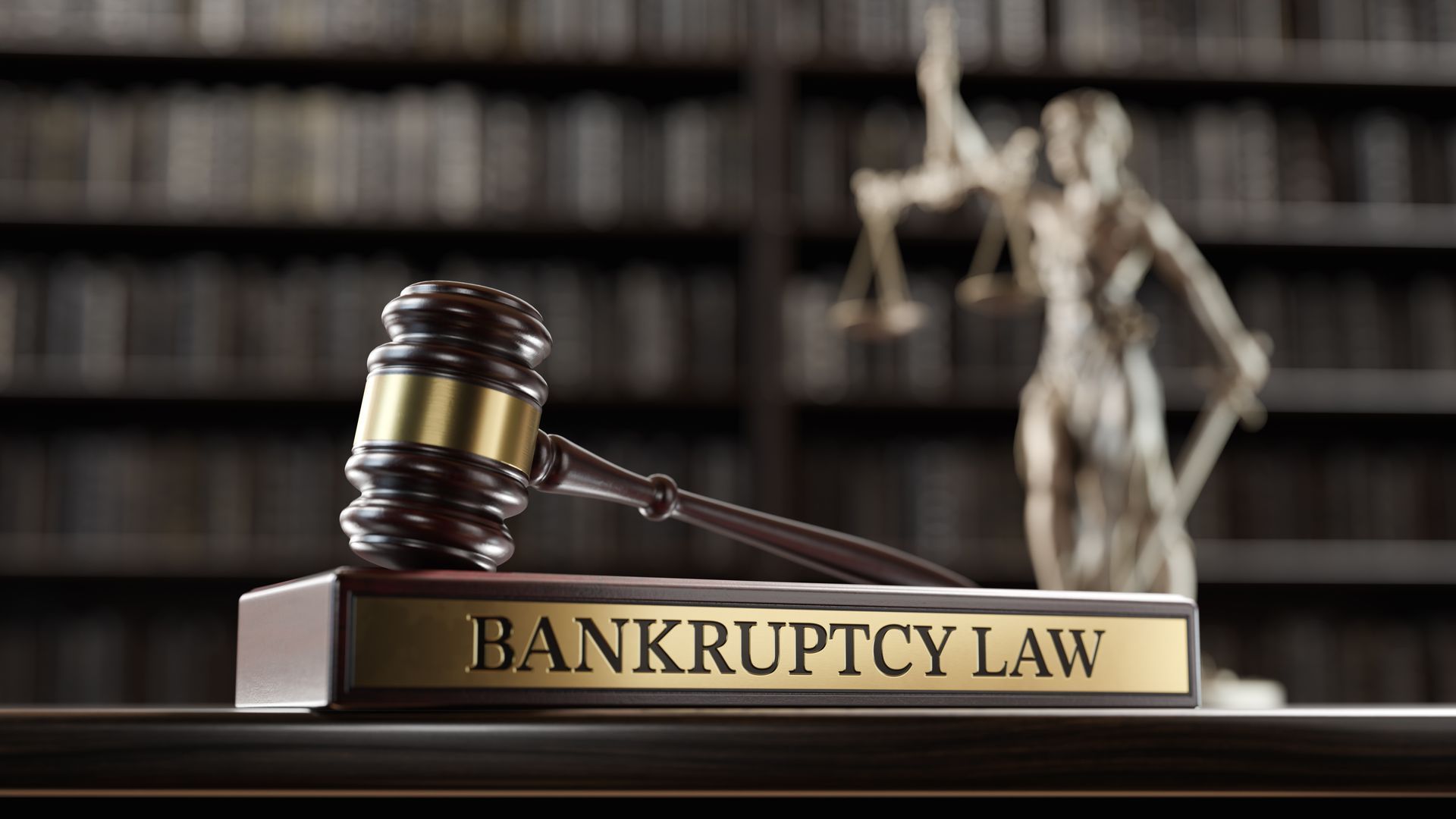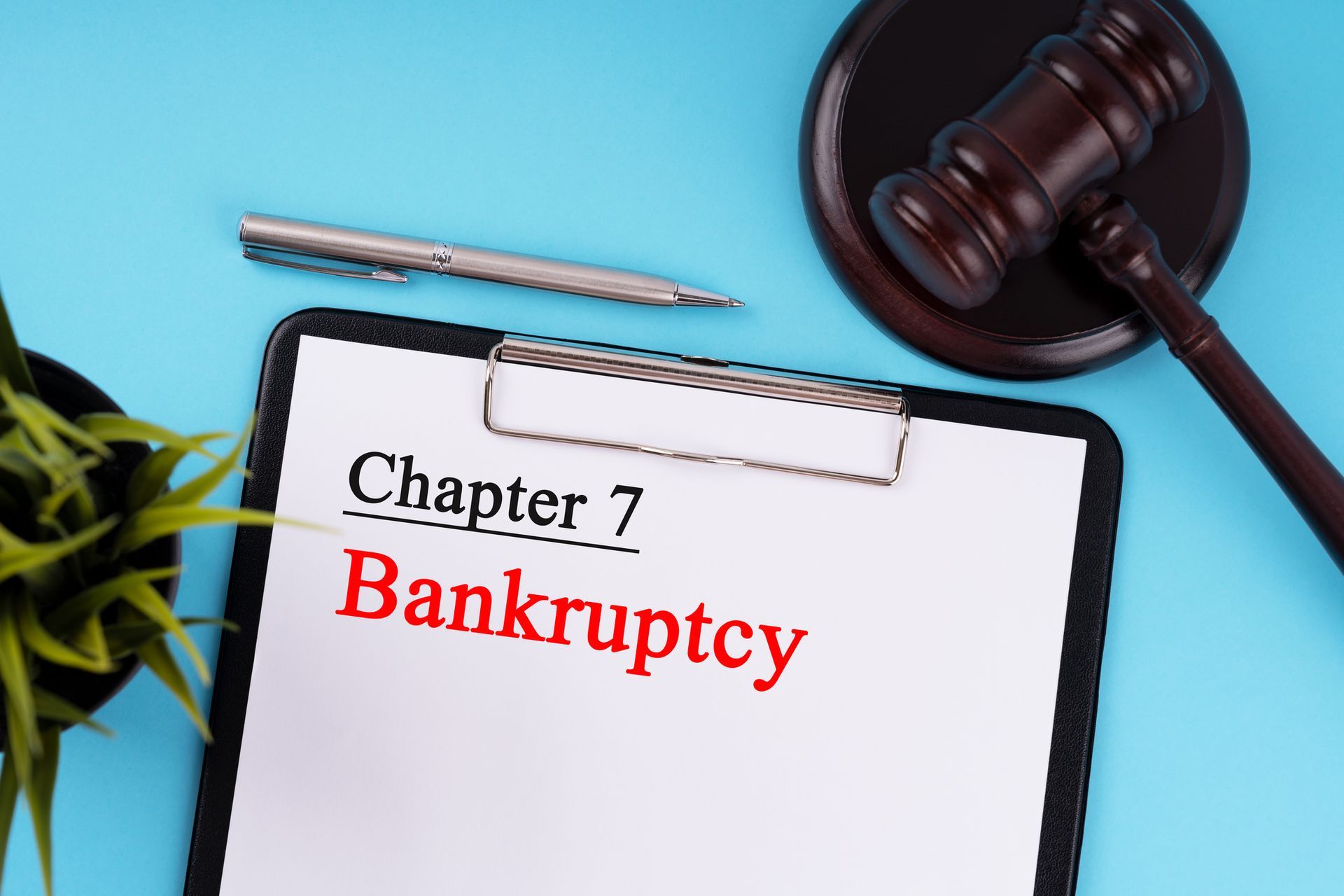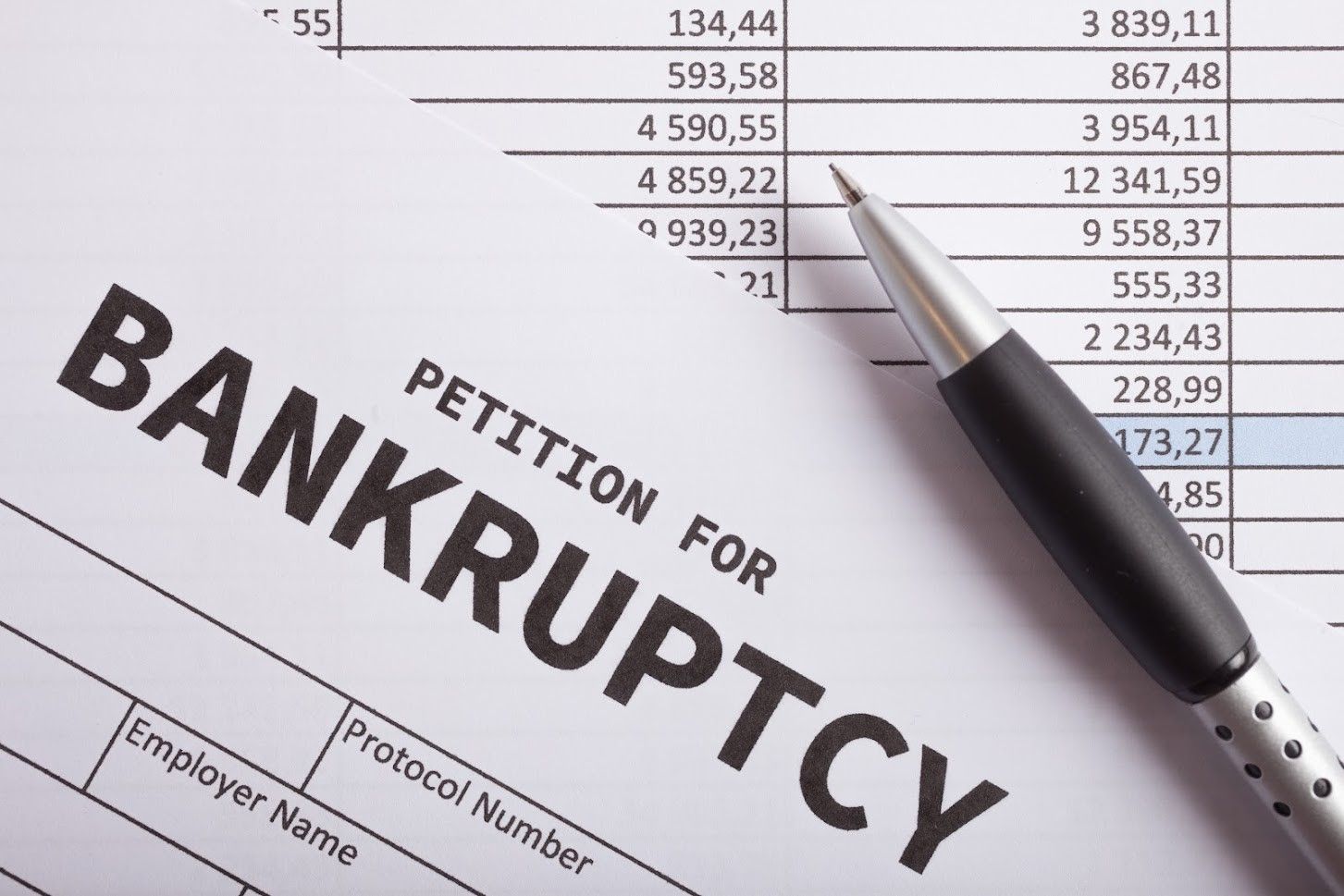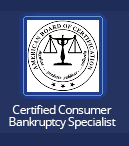How Do These 3 Methods of Handling Debt Compare to Bankruptcy?

Do you struggle with debt that's gotten too much to handle? If so, you have a few choices in how to get it back down to a place where you can look forward to a positive future. What are some of these choices, and how do they compare to filing bankruptcy? Use this short guide.
Debt Negotiation Vs. Bankruptcy
Debt negotiation, or debt settlement, simply refers to negotiation with your creditors to convince them to accept a lower amount of money than you owe. The basic route many borrowers take is to stop making payments for months so the creditor begins to believe they won't see full repayment. This gives the borrower leverage to make a lower offer and hope it's accepted.
Debt negotiation has several downsides when compared to bankruptcy. First, the debtor is not obligated in any way to accept a lower offer. They may simply say no and pursue other debt collection methods. Second, your credit score is significantly damaged in the lead-up to negotiation because you generally stop making regular payments. Third, the creditor may seek collections before you can save up enough to negotiate.
On the other hand, bankruptcy legally requires creditors to accept whatever funds the court deems appropriate for your circumstances. You don't negotiate with each creditor individually, and you don't have to wait until you save up money or until you have leverage.
Walking Away Vs. Bankruptcy
The simplest route some borrowers consider is simply ignoring their debts. Known as walking away, this approach is generally only applicable to unsecured debts like credit cards. Otherwise, your collateral will be taken away. Walking away generally relies on avoiding any serious collection measures until the statute of limitations on each debt runs out.
Walking away from any debt is a dangerous choice. You have no legal protections and are likely to suffer collections efforts like garnishment of paychecks or bank accounts. You might also be harassed by creditors - possibly for years. Your credit history will stay bad for longer than most other ways to deal with debt. Bankruptcy stops collections efforts and ends the damage to your credit.
Keep in mind that if any creditor does finally give up and write off the debts they cannot collect from you, this will often be taxable income you must report on your income taxes. Canceled debt can cause an unwelcome tax surprise even years after you thought the debt was gone. Debt discharged during bankruptcy is not taxable.
Debt Consolidation Vs. Bankruptcy
Are you considering debt consolidation? This is a common choice for many, and it can be a workable solution for some. Debt consolidation involves taking out a new loan - often at a much lower rate - and using the proceeds to pay off the old loan. You may be able to stretch out the terms, simplify payment, and save on interest.
Debt consolidation can work in some situations, particularly if it makes the combined debt very manageable in the monthly budget. However, unlike bankruptcy, it doesn't actually get rid of any debt. You still pay it all back and you've now extended your debt obligations for more years. In the meantime, anything could happen that may cause you to slip back into trouble.
Chapter 7 bankruptcy, in contrast, can be completed in as little as three months and Chapter 13 bankruptcy is limited to three to five years. Whatever debts are not repaid through liquidation or a payment plan is discharged completely and will not need to be paid back.
Want to know more about how your particular debts would be affected by any of these three approaches? Or how bankruptcy might work in your case? Begin by meeting with a bankruptcy attorney in your state today.
Charles J Schneider PC has helped many of your Michigan neighbors conquer their debt permanently. Call today to make an appointment and start making a positive change with yours.























